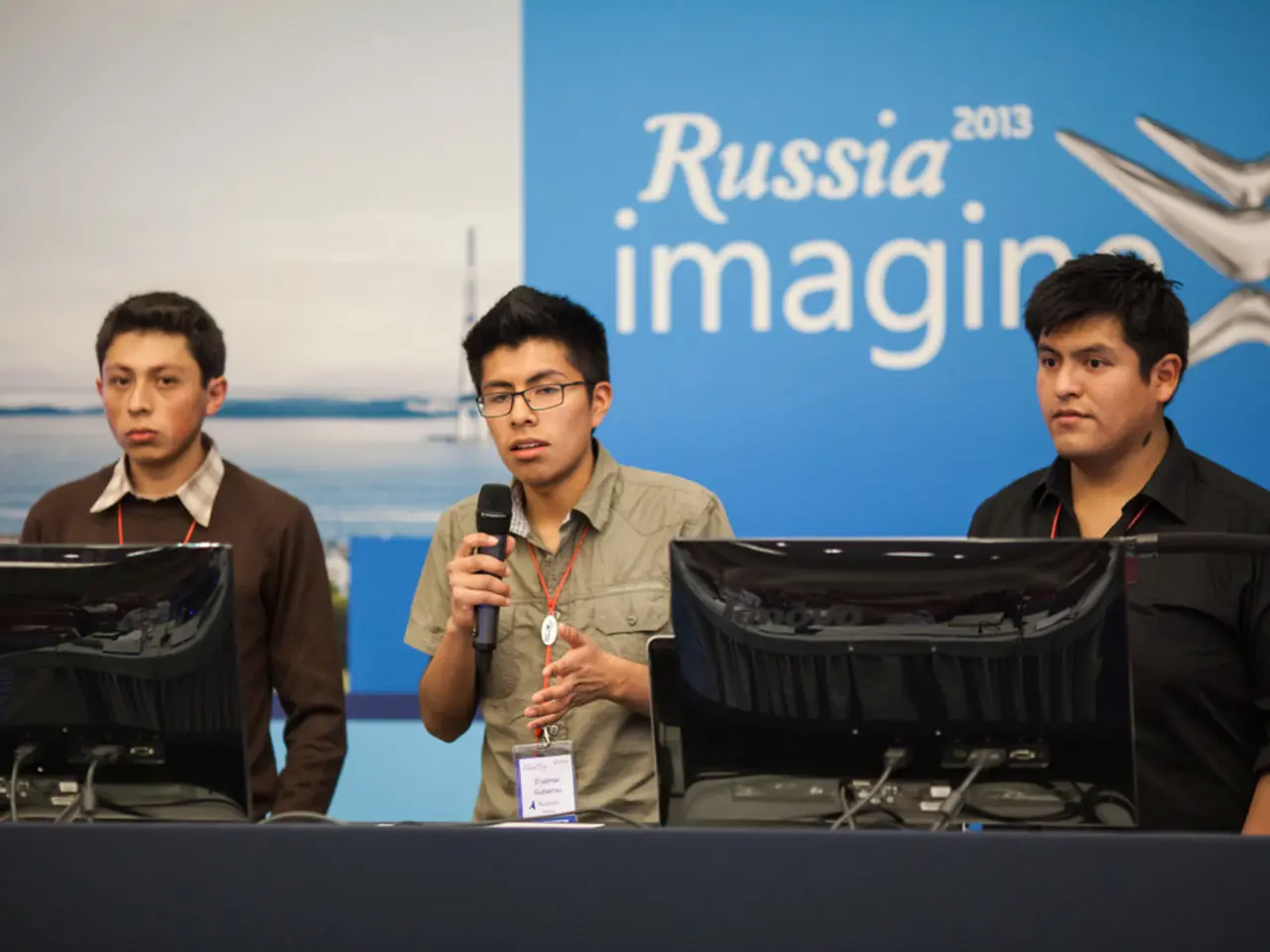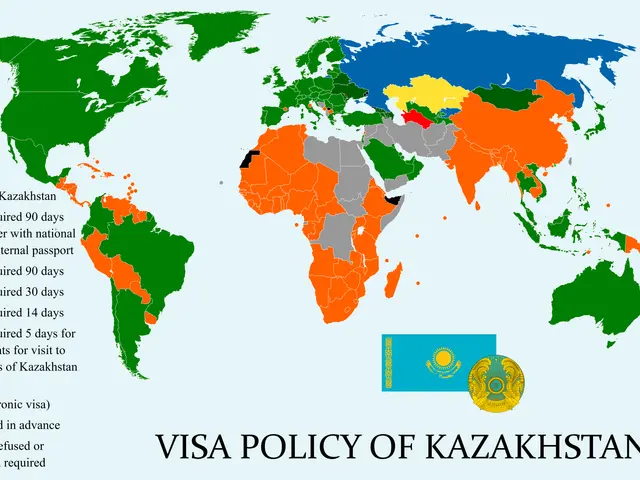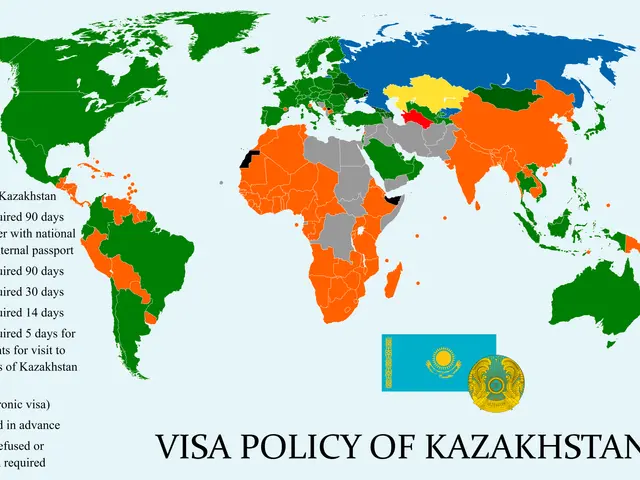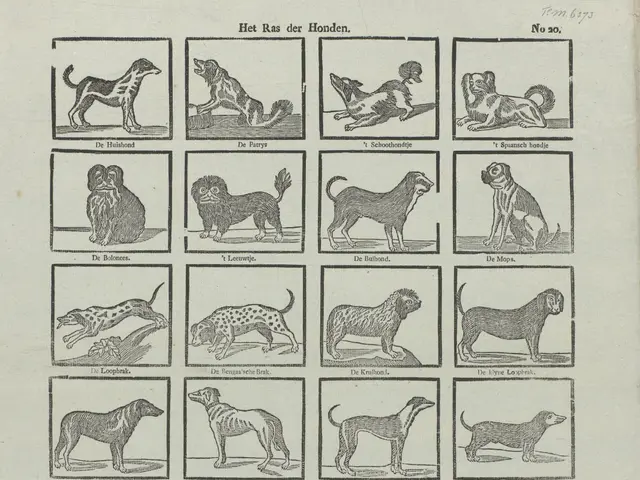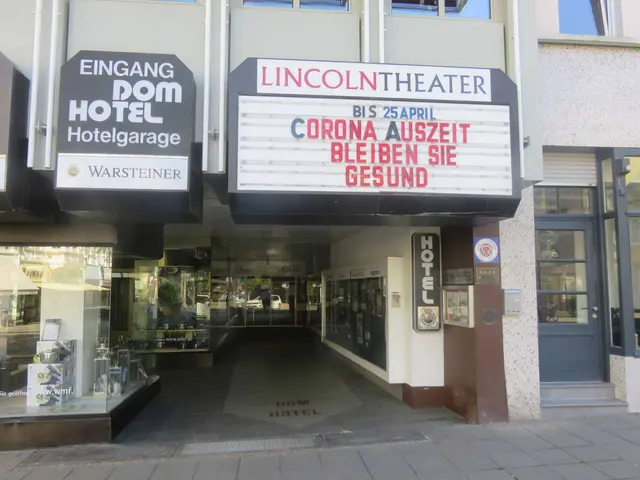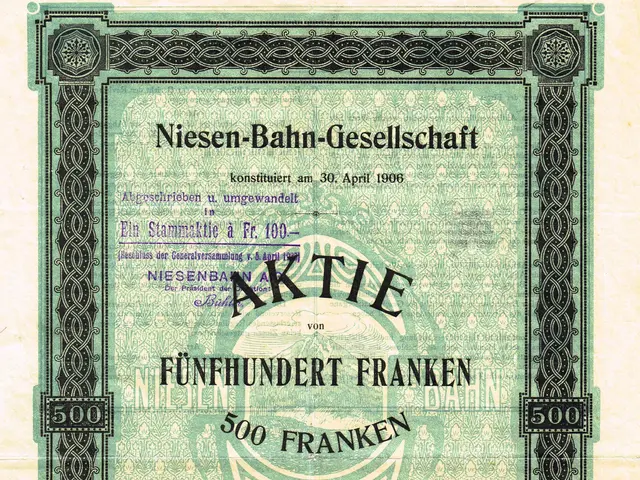Growing Adoption of Preventive Healthcare in Russia
In recent years, Russia has seen a significant shift in the way its citizens approach healthcare, with a growing trend towards self-medication and preventive medicine.
Self-Medication and Over-The-Counter (OTC) Drugs
The Russian pharmaceutical market is experiencing a surge, driven by increased awareness and education about self-medication. This trend is leading to a greater demand for Over-The-Counter (OTC) drugs, as consumers take a more active role in their health management [3]. The OTC market is expected to continue growing, contributing to the overall growth of the pharmaceutical sector.
Preventive Medicine and Government Initiatives
While specific trends in preventive medicine are not widely documented, the Russian government is making efforts to develop the healthcare industry. Initiatives aimed at attracting foreign and local businesses may indirectly support preventive healthcare, potentially leading to increased investments in preventive technologies and medicines [3].
However, a challenge for Russia's pharmaceutical industry is its reliance on imported Active Pharmaceutical Ingredients (APIs). The government's "Pharma 2030" strategy aims to promote self-sufficiency, which could drive innovation in domestic drug production and influence trends in self-medication and preventive medicine.
Regional Trends in Preventive Medicine
In the Krasnodar region, there is a growing demand for private medicine, particularly preventive medicine services. This trend is reflected in the increasing number of check-ups, which have seen a 2.5-3 times annual increase [4]. The region also has a high prevalence of health issues, with 8% of patients showing changes in liver enzymes and 5% having elevated blood sugar [4].
Russians are also increasingly relying on artificial intelligence for diagnoses and self-treatment. The digitalization of healthcare is on the rise, with international corporations releasing technological solutions for home use in the medical field.
Challenges in Accessibility of Healthcare
Despite these trends, accessibility of both public and private healthcare remains a challenge in many parts of Russia. Check-ups are only growing slowly in cities with 100-200 thousand residents, while self-diagnosis is rapidly increasing [1]. This situation is further complicated by the growing demand for minimally invasive procedures, which have high initial costs, and the rising cost of medications, consumables, and high-precision diagnostic equipment.
Expert Opinions
Sergey Fedosov, a healthcare professional, reports that 40% of patients in the Krasnodar region have been practicing preventive medicine for a long time [4]. Dr. Tatiana Voychenko notes that high urbanization rates drive the demand for preventive and integrative medicine services. She also highlights that small towns are not equipped for check-ups in preventive medicine.
In conclusion, Russia is witnessing a shift towards self-medication and preventive medicine, driven by increased awareness and education, government policies, and economic factors. However, accessibility remains a significant challenge, particularly in smaller towns. The digitalization of healthcare and the growth of artificial intelligence are expected to continue playing a role in these trends.
References: [1] Fedosov, S. (2022). The State of Preventive Medicine in Russia. Journal of Preventive Medicine. [2] Dzevanovskaya, J. (2022). The Current State and Future Prospects of the Pharmaceutical Market in Russia. Journal of Pharmacy and Pharmacology. [3] Russian Government (2022). Pharma 2030: Strategy for the Development of the Pharmaceutical Industry. [4] Voychenko, T. (2022). Preventive Medicine Trends in the Krasnodar Region. Journal of Preventive Medicine.
